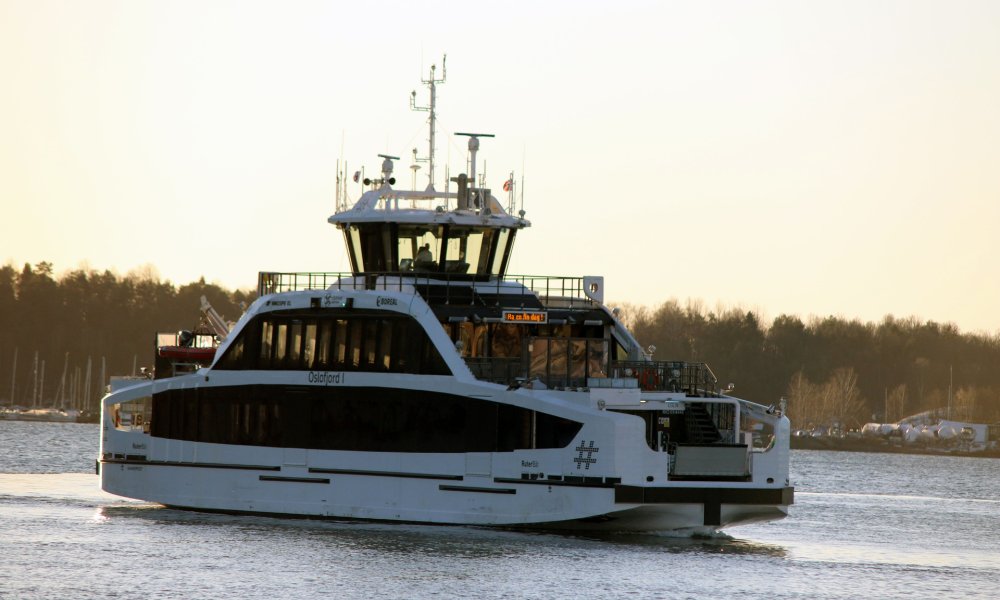The 2024 Smart City Index was developed by the IMD World Competitiveness Center’s Smart City Observatory, in collaboration with the World Smart Sustainable Cities Organization (WeGO). Cities in Europe and Asia top the list, while North American cities were absent from the top 20 ranking for the first time since 2019.
Why do Nordic cities perform so well? According to a study by Johnson (2020), the Nordic countries of Denmark, Finland, Iceland, Norway, and Sweden are often viewed as being at the forefront of climate action because of their carbon-neutrality targets in the near future. Specific measures mentioned in the study were the early introduction of solutions like “onshore wind in Ringkøbing (Denmark), district heating from wastewater in Turku (Finland), geothermal district heating in Reykjavík (Iceland), ground-source heat pumps in Stockholm (Sweden), public transport in Helsinki (Finland), electric vehicles in Oslo (Norway), cycling in Copenhagen (Denmark), and the reduction of retail food waste in Vantaa (Finland)”. The Nordic region is strongly represented in the 2024 Smart City Index with Oslo in 2nd place, Copenhagen 6th, Helsinki 9th and Stockholm 11th. According to the index, cities in the Nordics score very well on overall life quality.
The ranking is determined on a combination of interviews of inhabitants, assessments of urban infrastructure, technological services and five key areas: health and safety, mobility, activities, opportunities and governance. Lastly, the cities are mapped into groups based on the Global Data Lab’s Human Development Index and an overall score set together based on the weighted result.
Concrete initiatives that were rated positively by the index, were: enhanced life quality, for example targeted investments for sustainable development, talent retention, reduction in geographical inequalities, inclusion, more green spaces, cultural events and arenas for social bonding, according to CNBC.
Interestingly, many of the investment themes from team Solutions were part of the score. Access to healthcare, inclusion and opportunities are part of our Equal Opportunities theme, while mobility, activities and green spaces are part of Urban Planning in the Smart Cities theme. Clean air is strongly linked to health and well-being, so Renewable Energy - the last of the four investment themes - which leads to lower emissions, is also highly relevant in an urban context.
The leading hypothesis of thematic investments are that they can create financial value and contribute to social impact, by shifting capital allocation towards the sectors, and to companies that provide valuable products or services that help solve critical societal problems. In the end, it comes down to “supply and demand”: High demand after products and services that enable cities to reduce emissions or improve life quality for its inhabitants can improve the supply in both quality and quantity of relevant business models. Over time, this can enhance the profitability of companies that deliver. Examples of firms that operate in the space are manufacturers of low emission mobility like electric bikes, trams and railway, energy saving appliances like insulation or heat pumps, recycling services, engineering and architecture firms that improve urban planning to take both environmental and social factors into account before renovating existing or building new infrastructure. Measures that protect urban infrastructure like water management systems or cybersecurity in an increasingly digital society are also worth mentioning.
Completely un-biased of course as a citizen of Oslo, Oslo deserves the silver medal. In a notably bold move, the city has been brave to roll out electric ferries and buses as an early adopter, despite Oslo’s northerly climate featuring harsh winters with low temperatures and lots of snow. While winter has created difficult operational conditions, through the full year, the shift towards zero-emissions mobility has reduced both noise pollution and emissions within Oslo. With a dedicated annual climate budget, the city is also very explicit on emission limits allowed for certain sectors. Is there room for Oslo to capture the first-place next year? Time will tell!




